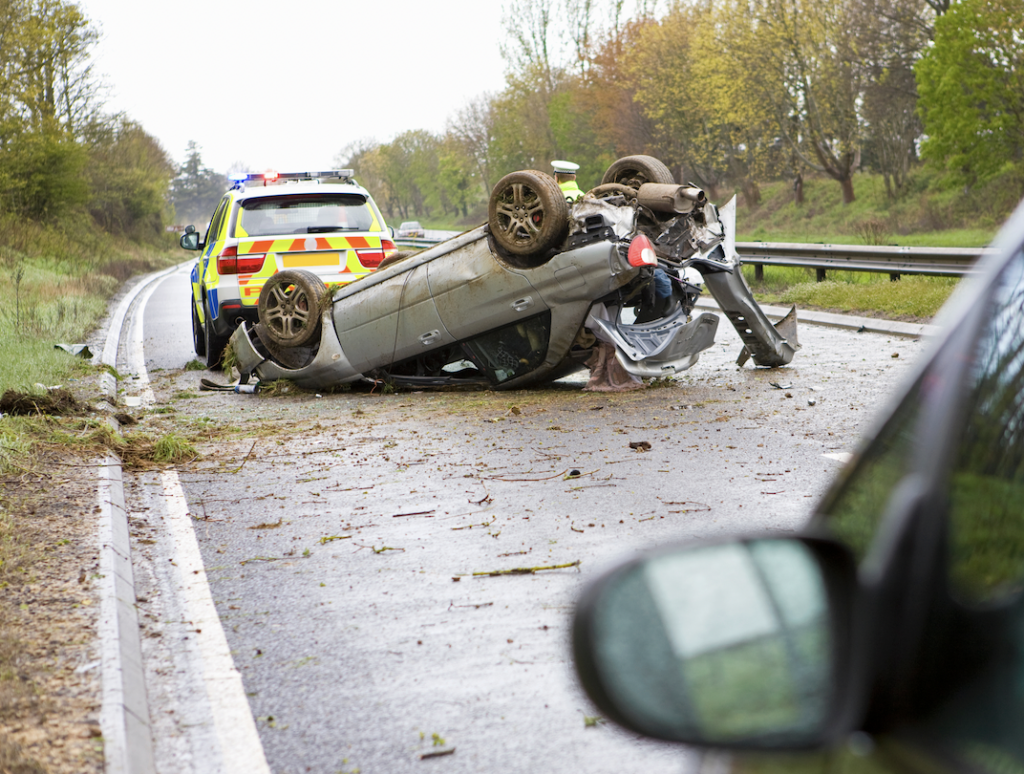I Hate Driving!
If this is something you hear yourself saying often or that your friends or family say, then you must ask why. Hating driving while having to drive is not conducive to safe driving, which should be a worry. This is not to say that every commuter should be filled with joy to be sitting in traffic jams and road works daily, but letting it spill over into your driver psyche can and should be avoided so that in your leisure time, you can regain the joy of driving to spend quality time with loved ones instead of avoiding the roads.
Every driver has very different issues when it comes to loving or hating driving. Most are sat in the middle, with driving being a necessary means of travel to enable the smooth flow of everyday life. These drivers have no issues either way. They have no real incidents or accidents, are not reckless drivers, do not incur speeding points and purchase cars based on fuel consumption, practicality and current trends. The drivers that LOVE to drive love everything about driving, from the cars, the roads, and the motorsports to staying very current with new technology and highway regulations. Many will take further Advanced Driver training, and some even go on to train others.
Our children don’t shy away from getting on a scooter or a bike, and very few teenagers say they never want to learn to drive, so where does the hate of driving begin?
If we are unconfident drivers as parents, it will rub off on our children; sitting in the backseat, they are soaking up the atmosphere like sponges. So, if you show stress and annoyance with yourself, they begin to believe this is a normal part of driving. Then, in turn, many are already fearful of driving before they start, especially girls, unfortunately. We are cautious about how we monitor our words and reactions towards others around our children, and we should also consider monitoring how we drive in front of them. Seeing calm and controlled parenting as drivers will help them become relaxed and controlled drivers.

RTC Fears:
If we are unfortunate enough to have been involved in an accident, then it is no wonder that a hate of driving should arise. However, it is important not to stay in the hating stage for long. Firstly, be grateful that you are still here to read this article, and secondly, stop overthinking about how or what should have been or could have been done differently. We cannot change the past, even though, as a defence mechanism, our brains still try to replay the incident as if finding something would wipe out the mangled metal and broken bones, but that is not going to happen, so it is vital to look at better mechanisms such as CBT therapy or mindfulness to help you stop overthinking and get back to driving with confidence again. It will be money well spent to take some post RTC driver training, as specialised tutors will be able to give you a toolbox of techniques to help you cope with anxieties that can crop up at any time.
Occasionally, a hatred of driving creeps up on you over time, with no real reason; sometimes, it is just the monotony of the journeys being taken, or often, it is just not driving to the extent that you were. There are many reasons, and everyone is different. Covid created thousands of unconfident drivers; no one drove much for months on end, and when they did, the roads were deserted, so there was little sense of danger. It also fuelled the work-from-home revolution, so many people never went back to the commuter drive every day.
Getting Older:
As many couples get older, they settle into a pattern of just one driver. If the main driver becomes ill, the driving becomes the responsibility of the driver who hates to drive; this can cause huge anxiety, which makes driving even more difficult. Luckily, many avenues are available to explore when it comes to addressing driving confidence, and they don’t necessarily mean starting from scratch with a driving instructor, as many would think!
Disability or illness can add to driving anxiety, but that should not detract from a love of driving as long as you have been declared medically fit to drive and have the right vehicle for you. This includes older drivers. There is no need to give up driving on the advice of a well-meaning family if you still enjoy it. Take a proper driving assessment and really review your driving; it will put everyone’s mind at rest.
